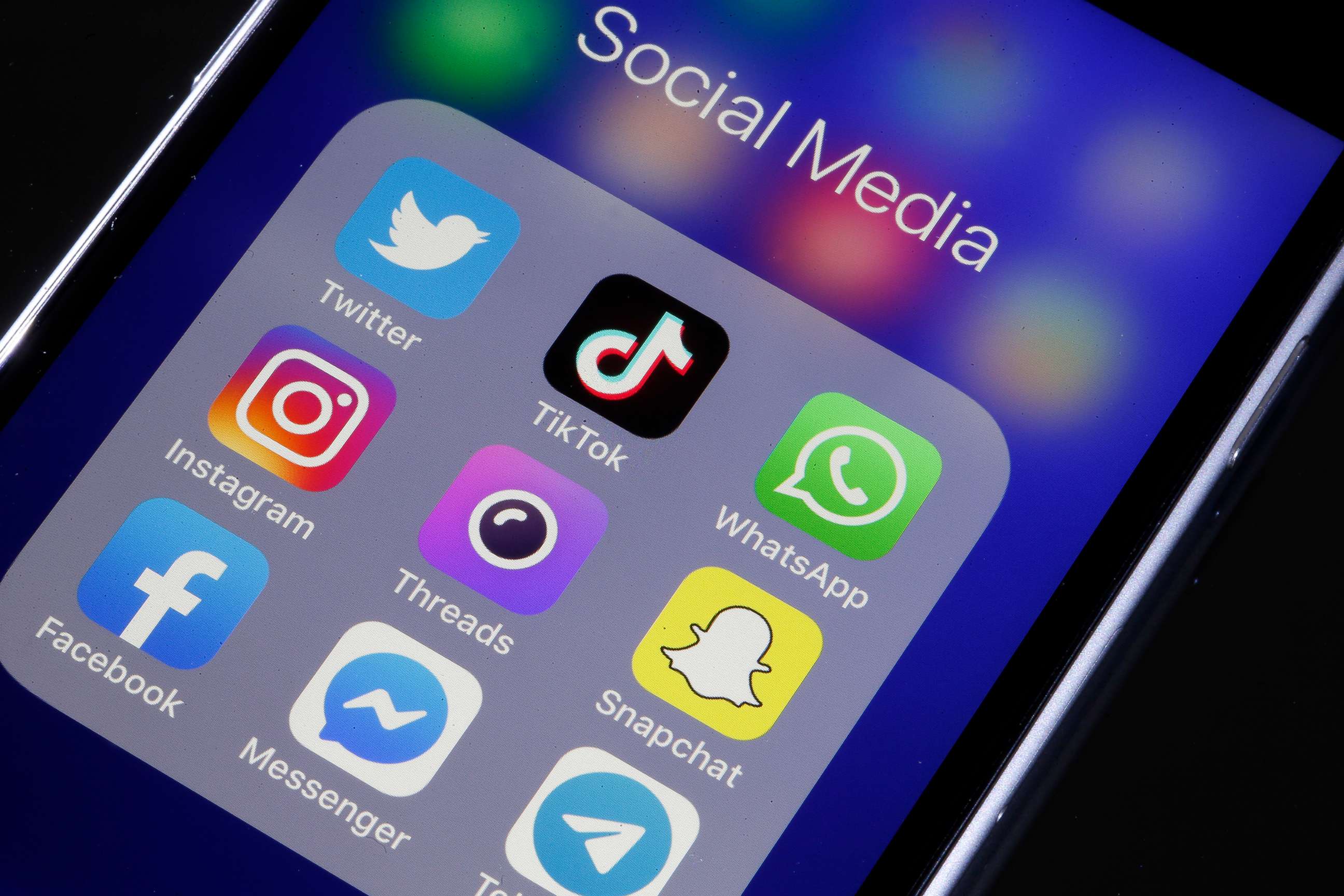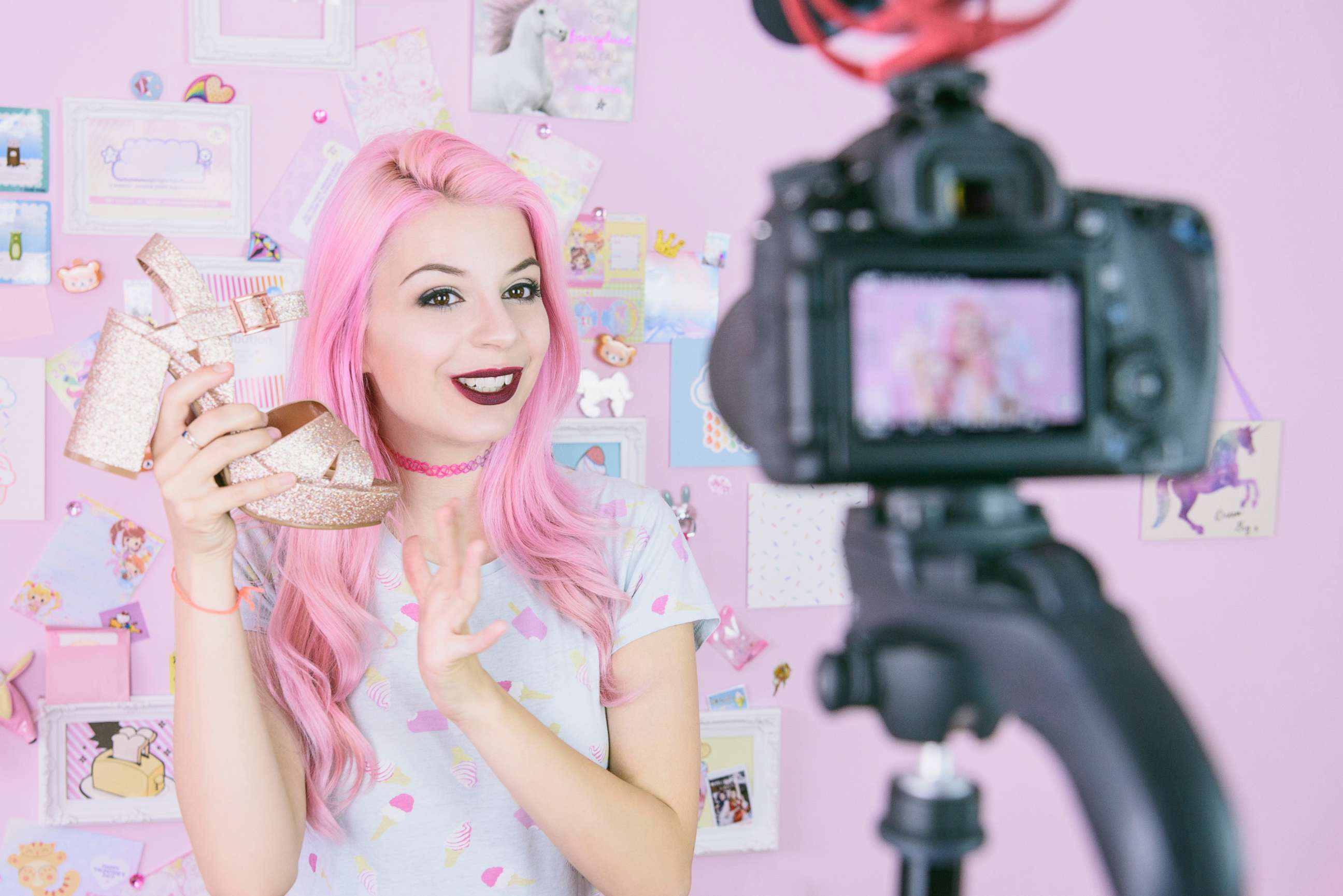Popular YouTuber chimes in on federal product disclosure guide for influencers
Influencers are required to make brand relationships obvious.
Ad, partner, sponsored -- these are just some of the words we see fill social media feeds and now the Federal Trade Commission is trying to make it easier than ever for influencers to understand the meaning behind popular posting nomenclature.
The FTC created a user-friendly pamphlet of guidelines, "Disclosures 101 for Social Media Influencers," with tips and information on how to properly make disclosures in compliance with their product endorsement protocol.
The influx of influencers, especially on Instagram and YouTube, comes with an onslaught of product reviews, partnerships and swipe up links -- but how do these new guidelines actually help?

Jennifer Grygiel, a communications professor at Syracuse University, told ABC News that the FTC updates its previous endorsement guidelines every couple years to ask for "appropriate disclosure."
"This is just putting forward principles that if you're taking some type of compensation or you have a relationship with a brand, that you really need to disclose it and '#ad,' for example, may not be enough," she said.
Influencers utilize emerging social media platforms to share their products, but with evolving tools the environment for endorsements becomes muddled.
"Instagram for example has been pushing their livestreaming, they've also been pushing stories, which have become incredibly popular. So there are new ways to disclose ads in those spaces," she said. "It's a little shocking that Instagram and others have not given users more tools to disclose those relationships and to make it very clear to the public that they are making some kind of endorsement."
YouTuber Keaton Milburn, who has over 483,000 subscribers on her channel that offers beauty advice and makeup tutorials, told ABC News the official federal guidelines aim to make the business of influencing more transparent.
"If you get a free product or paid product or any of that, they just want -- full transparency," she said. "There are certain people who just want to mask a little bit of, you know, having to put their disclosures."
Milburn said that according to the guidelines, "You can't promote something that you've never used before."

"I can't, you know, promote any kind of face wash or face wipe or anything if I haven't used it and say, 'it's great,'" Milburn said.
In recent years, some companies set up sponsored content labels to make it clear that something is an ad, but social media-savvy users have found ways to hide or minimize those disclosure tags.
"[With] Instagram posts, people will often hide it within a caption," she said.
On Instagram stories, disclosures can be carefully colored to blend into the background, tucked behind a GIF or sticker, and now the FTC is reminding influencers to "Place it so it’s hard to miss."
The new pamphlet clearly explains that for YouTube videos, content creators like Milburn would have to verbally say that the video is sponsored.
For anyone just casually posting about a new candle or your favorite sheet set, there's no need to worry.
"If you have no brand relationship and are just telling people about a product you bought and happen to like, you don’t need to declare that you don’t have a brand relationship," the FTC said.
Check out the full list from the FTC on how to properly disclose endorsements here.
"Start Here," ABC News' flagship podcast, offers a straightforward look at the day's top stories in 20 minutes. Listen for free every weekday on Apple Podcasts, Google Podcasts, iHeartRadio, Spotify, Stitcher, TuneIn or the ABC News app. Follow @StartHereABC on Twitter, Facebook and Instagram for exclusive content and show updates.




